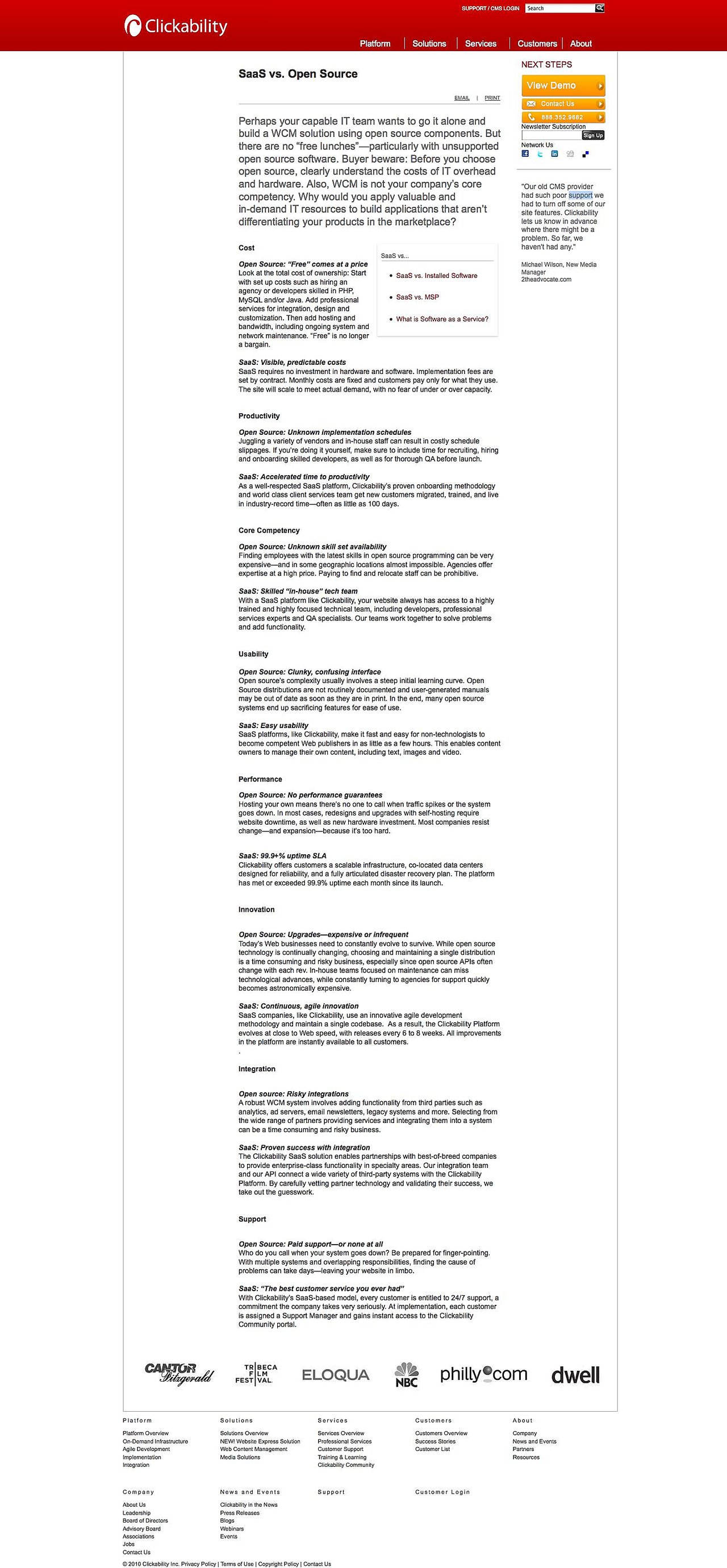 How to Become an Effective Data Steward for Agency Clients: 3 Valuable Tips
How to Become an Effective Data Steward for Agency Clients: 3 Valuable Tips
Automation and artificial intelligence have revolutionized the world of digital marketing, allowing us to streamline tedious tasks and focus on more strategic efforts. As agency partners, it is crucial for us to transition from being mere task managers to becoming trusted consultants for our clients. One area where we can truly make a difference is in data stewardship – helping our clients leverage data effectively while ensuring compliance with privacy and security regulations. In this article, we will explore three valuable tips to become an effective data steward for agency clients.
1. Assess Marketing Analytics Maturity
The first step in becoming an effective data steward is to understand where your clients and your agency stand in terms of marketing analytics maturity. This assessment will help you tailor your services to meet their needs and identify areas for improvement. Factors that you should consider include budget, the age of the company, and leadership’s willingness to invest in the right tools and resources.
It is important to ask questions such as: Does the client have a dedicated marketing operations team? How much time do they generally need to process data or analytics requests? Are they utilizing media mix modeling or struggling with attribution? Do they use a reliable web analytics platform like Google Analytics 4?
Additionally, you should also evaluate your agency’s marketing analytics maturity. What services can you offer to your clients based on your own capabilities? If your agency is not equipped to handle certain advanced analytics tasks, consider investing in resources or seeking out third-party assistance to bridge the gap.
2. Prepare for Third-Party Cookie Deprecation
The impending deprecation of third-party cookies is a significant challenge for digital marketers. It is crucial to future-proof your agency and help your clients navigate this change. Start by enabling offline conversion tracking solutions offered by major advertising platforms, which are cookie-less by default. This will ensure that your clients can continue tracking conversions effectively.
To achieve seamless tracking, consider implementing server-to-server tracking. This method creates and stores a unique identifier on the client’s private server, bypassing browser-based privacy restrictions and ad blockers. However, it is important to note that this method does not circumvent privacy regulations; it simply provides a more reliable alternative to pixel-based tracking.
Implementing server-to-server tracking can be time-consuming, so it is essential to set expectations with your clients and provide recommendations for resources if needed. Create a company-wide initiative to familiarize everyone with this tracking method and help your clients configure their technology stacks accordingly.
3. Avoid Over-Engineering Your Analytics Strategy
With the constant influx of new AI tools and analytics platforms, it can be tempting to adopt the latest technology without considering its true value. It is crucial to avoid over-engineering your analytics strategy and focus on tools and workflows that truly add value.
Before incorporating a new tool or strategy, ask yourself the following questions: Will it collect accurate and timely data? Can it analyze trends better than your existing stack? Will it provide actionable insights? Does it help with regulatory compliance? Is it cost-effective compared to your current solution?
Remember, flashy tools may not always be the right fit for your goals or the needs of your clients. Consider your agency’s position on the marketing analytics maturity path and prioritize tools that align with your current phase.
Conclusion
As agency partners, our role is evolving from task managers to strategic consultants. By becoming effective data stewards, we can guide our clients towards making informed decisions based on data while complying with privacy regulations. Assessing marketing analytics maturity, preparing for third-party cookie deprecation, and avoiding over-engineering our analytics strategy are three valuable tips to excel in this role. Embrace these tips, and position your agency as a trusted partner in driving business growth through data-driven strategies.
